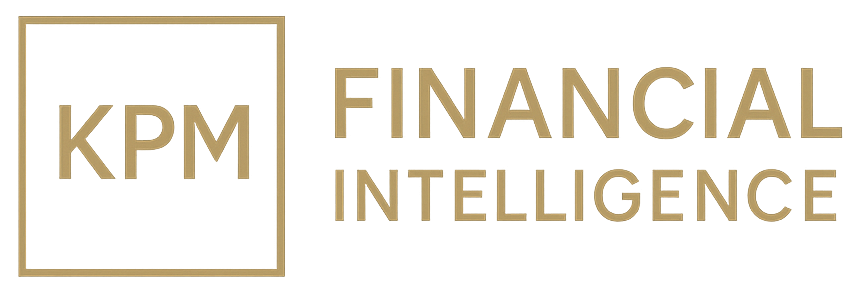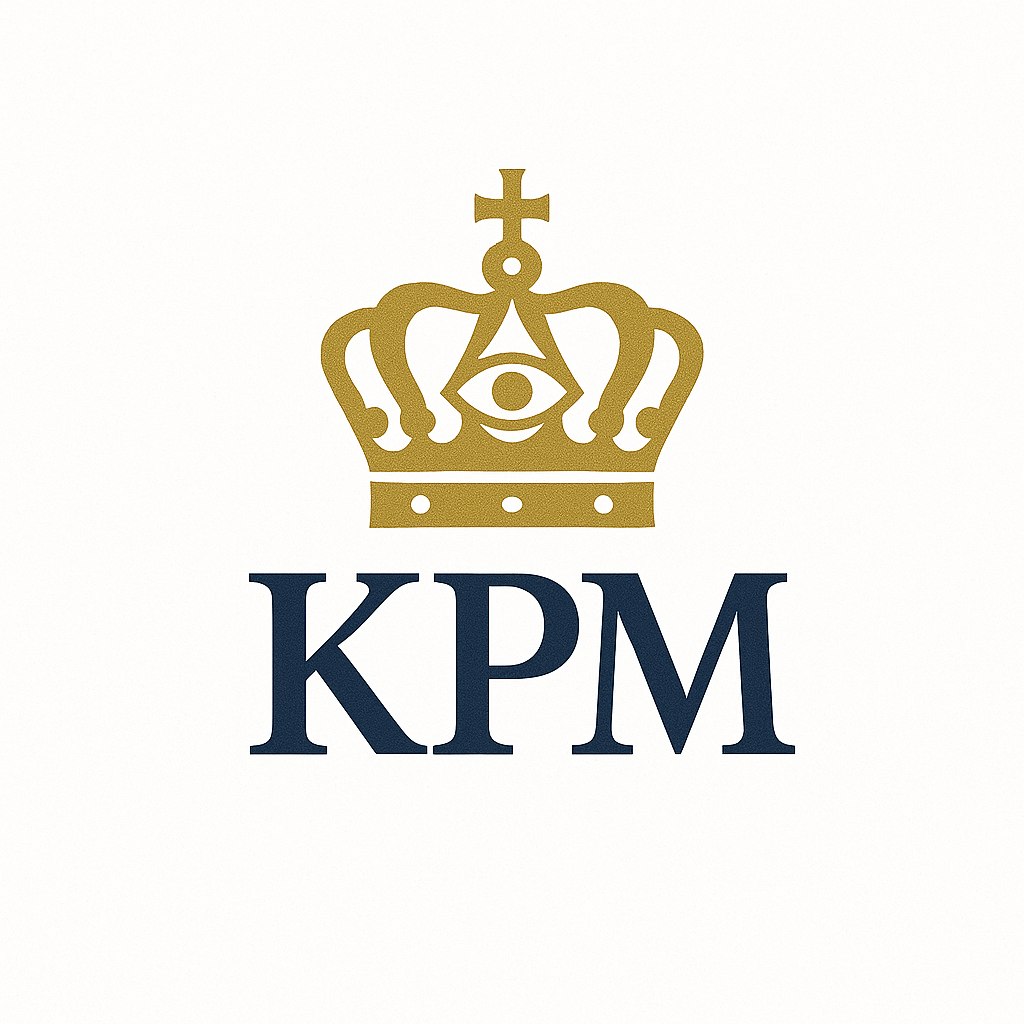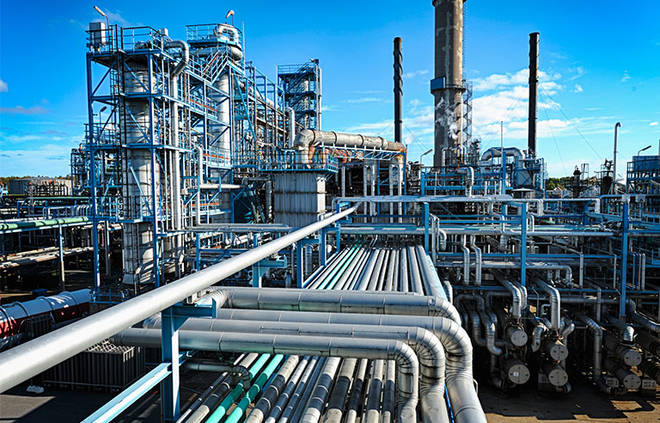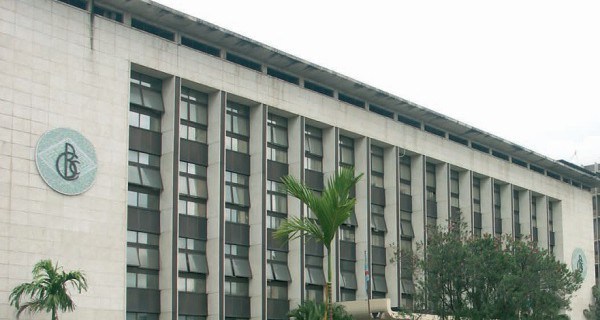HSBC weighs full Hang Seng buyout as Hong Kong banking power consolidates
HSBC (LON: HSBA, NYSE: HSBC) eyes full buyout of Hang Seng Bank (HKG: 0011) in a USD 37 bn move that could reshape Asia’s banking map. Hang Seng +9 %, HSBC +3.4 %, CET1 near 14.6 %, ^HSI +1.2 %. A strategic bet on Hong Kong’s stability amid global capital strain.

HSBC Holdings (LON: HSBA, NYSE: HSBC) is exploring a full buyout of Hang Seng Bank (HKG: 0011) in what could become one of Asia’s largest bank privatizations in recent history — a transaction potentially valued near USD 37 billion at prevailing market prices. The move would deepen HSBC’s strategic refocus on Asia, consolidate its Hong Kong balance sheet, and streamline its regional capital deployment as global lenders retreat from non-core geographies.
Analysts familiar with early-stage discussions suggest that any deal would likely be executed via a Hong Kong “scheme of arrangement,” requiring approval from minority shareholders, the Securities and Futures Commission (SFC), and the Hong Kong High Court. The Hong Kong Monetary Authority (HKMA) and UK’s Prudential Regulation Authority (PRA) would also need to sign off, given HSBC’s dual-listed status.
Hang Seng Bank currently trades around HKD 147 per share, implying a market capitalization of about HKD 290 billion (≈ USD 37 billion). Market speculation points to an indicative offer range of HKD 160–170 per share — a 10–15 percent premium — valuing the minority stake at roughly USD 13–14 billion. HSBC already owns about 62 percent of Hang Seng and has long treated it as a core subsidiary within its Greater China operations.
The strategic logic is clear. A full integration would simplify capital allocation within HSBC’s Asian franchise and unlock retained earnings trapped under local regulatory constraints. With Hong Kong’s return-on-equity environment improving to around 10.8 percent (Q2 2025) from 9.6 percent a year earlier, the acquisition would consolidate an already profitable stream. Hang Seng Bank reported interim profit growth of 7 percent year-on-year, a net interest margin near 1.8 percent, and an impaired-loan ratio below 2.5 percent — solid by regional standards given subdued loan growth and weak property sentiment.
Yet the transaction comes with heavy capital implications. Analysts estimate that a full buyout could reduce HSBC’s Common Equity Tier 1 (CET1) ratio by around 100–120 basis points, potentially delaying new share buybacks. HSBC’s current CET1 ratio stands near 14.6 percent, above the regulatory minimum but under pressure as risk-weighted assets expand across its Asian portfolios. Management has already paused large-scale M&A since the sale of its Canadian unit to RBC in 2024, signaling that any move on Hang Seng would have to be funded from internal liquidity and modest debt issuance rather than equity raising.
From a macro standpoint, Hong Kong’s economy remains fragile but stable. Consensus forecasts peg GDP growth between 1.5 and 2 percent for 2025, while residential property prices have fallen roughly 11 percent year-to-date. Still, local deposit growth has accelerated to 3.8 percent, and systemwide loan-to-deposit ratios have eased to 83 percent — supportive for bank funding costs.
Market reaction has been cautiously optimistic. Shares of Hang Seng (HKG: 0011) have risen nearly 9 percent over the past month, while HSBC (LON: HSBA) has gained 3.4 percent amid expectations of deeper cost synergies. The Hang Seng Index (^HSI) added 1.2 percent in the week following initial reports. In the debt market, HSBC’s 2032 USD notes tightened 8 basis points, reflecting investor confidence in the bank’s balance-sheet flexibility.
The deal could reshape Asia’s banking landscape. By contrast, regional peers such as Standard Chartered (LON: STAN), Barclays (LON: BARC), and DBS Group (SGX: D05) are emphasizing organic digital expansion rather than large-scale consolidation. HSBC’s approach — internal integration within its core market — suggests a conviction that Hong Kong remains its primary profit engine, generating nearly 45 percent of group earnings in 2024.
Globally, the timing coincides with improving risk appetite for Asian financials. The MSCI Asia ex-Japan Financials Index (NASDAQ: AXJFN) has risen 6.2 percent quarter-to-date, while yields on 10-year U.S. Treasuries (^TNX) hover near 4.35 percent, keeping relative valuations attractive for income investors. In Europe, major lenders such as BNP Paribas (EPA: BNP) and Santander (BME: SAN) trade at 0.7–0.8× book value, while Hang Seng trades close to 0.9× — a level investors view as fair for high-quality Asian retail franchises.
Still, regulatory complexity remains the key risk. Privatizing a systemically important bank under Hong Kong’s dual-regulator regime would require a detailed capital-neutral plan. The HKMA is likely to demand assurances that retail deposit protection and liquidity coverage ratios remain unaffected. Moreover, with the Chinese yuan (USD/CNY ≈ 7.28) and Hong Kong dollar peg (USD/HKD ≈ 7.81) under constant policy scrutiny, any deal perceived as concentrating financial control could invite political sensitivity.
If completed, the transaction would mark HSBC’s largest internal reorganization since its 1992 acquisition of Midland Bank. It would consolidate Asian profits, simplify reporting structures, and further insulate the group from Western regulatory volatility. But it would also reaffirm a broader shift: Asia’s banking gravity is moving back to Hong Kong, powered not by expansion, but by integration.





